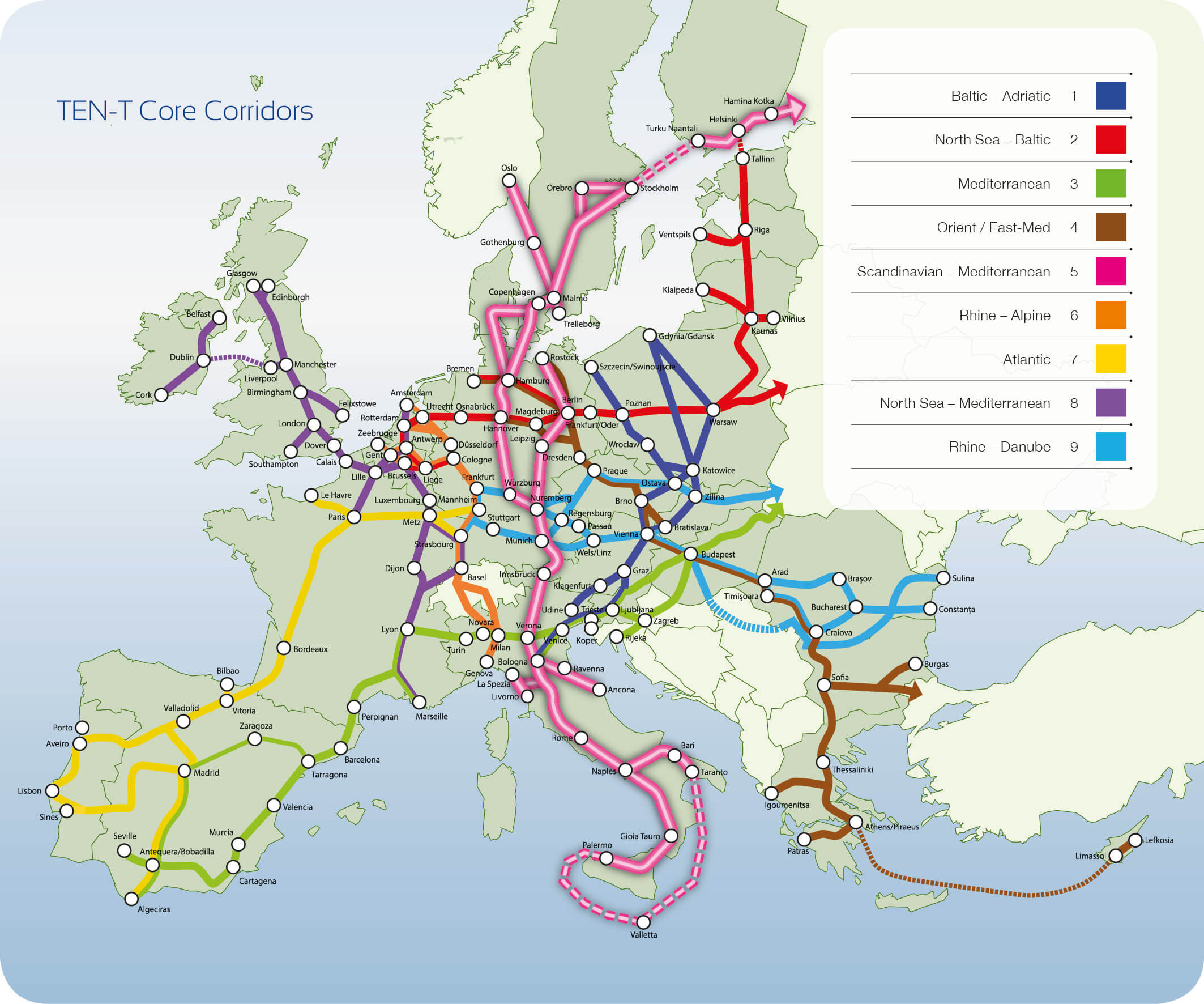The proposal, adopted by the European Commission on 17th May, sets out initiatives to reduce the administrative and procedural burdens associated with the implementation of major TEN-T investment projects, the Trans-European Transport Network. The completion of TEN-T is crucial for the creation of the Single Market, but projects, especially cross-border projects, often face significant problems and complexities in terms of authorizations and permits to carry out the work. The proposal therefore aims to provide a single framework for the administrative and authorization and public procurement procedures for cross-border projects. In particular:
- Projects of common interest for TEN-T will be recognized as priorities; for cross-border projects, the Member States concerned will have to identify a single body for issuing permits and authorizations;
- Member States should therefore take steps to ensure that projects of common interest are given the highest possible priority in accordance with national legislation;
- The time limits for issuing the necessary permits and authorizations are set at a maximum of two years in the preliminary phase, prior to submission of the full documentation requested, and the evaluation phase should not last more than one year.
- Public procurement procedures can also be simplified by using the legislation of one of the Member States involved.
In view of the maximum time allowed for the entire authorization phase (three years), the European Commission considers that significant benefits will be possible from the entry into force of this Regulation. In particular, 150 million euros in savings for public authorities and project promoters and 5 billion euros in savings for users as a whole, precisely because the planned works will be carried out more quickly. We should remember that the completion of the core TEN-T network will require around 500 billion euros between 2021 and 2030.

